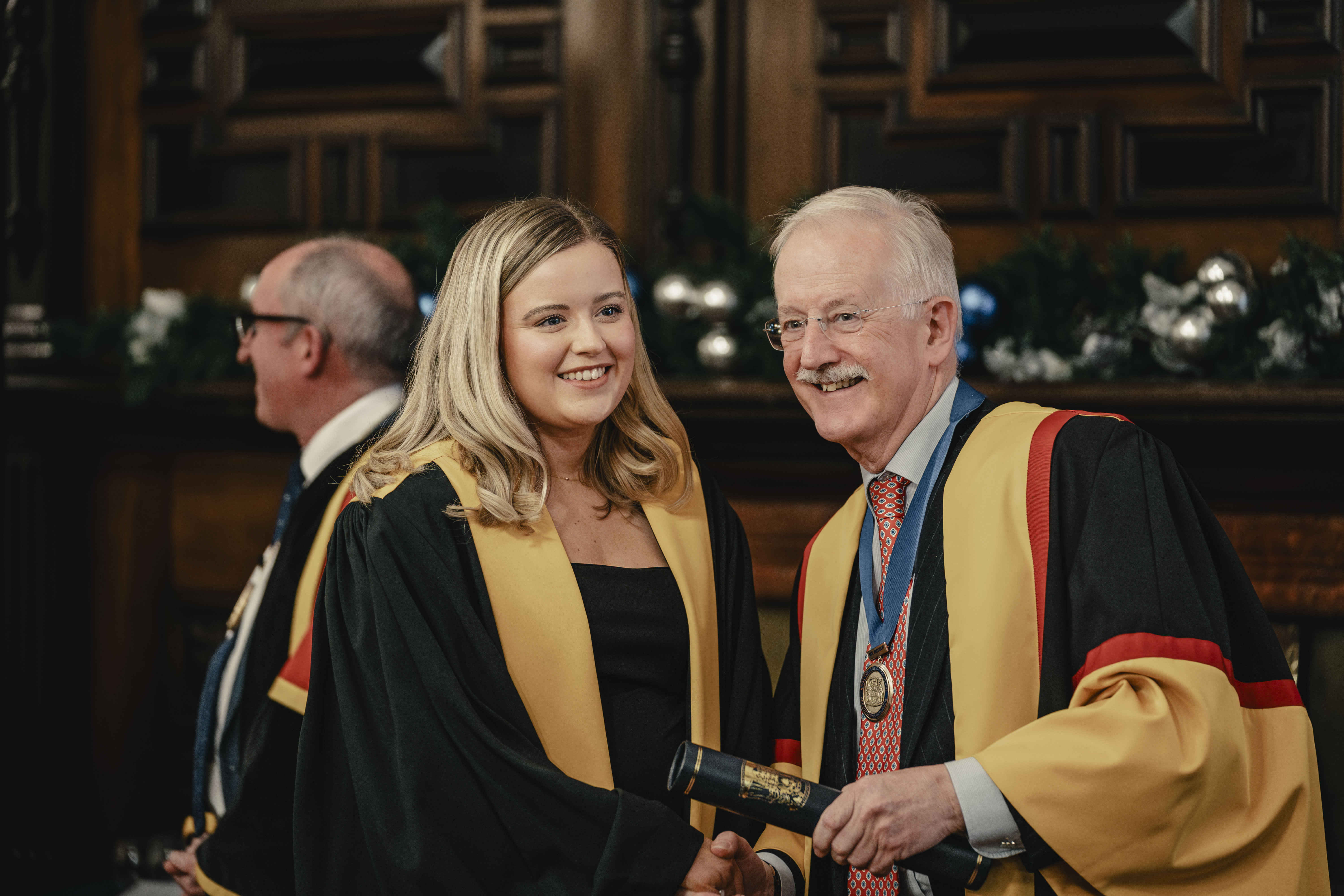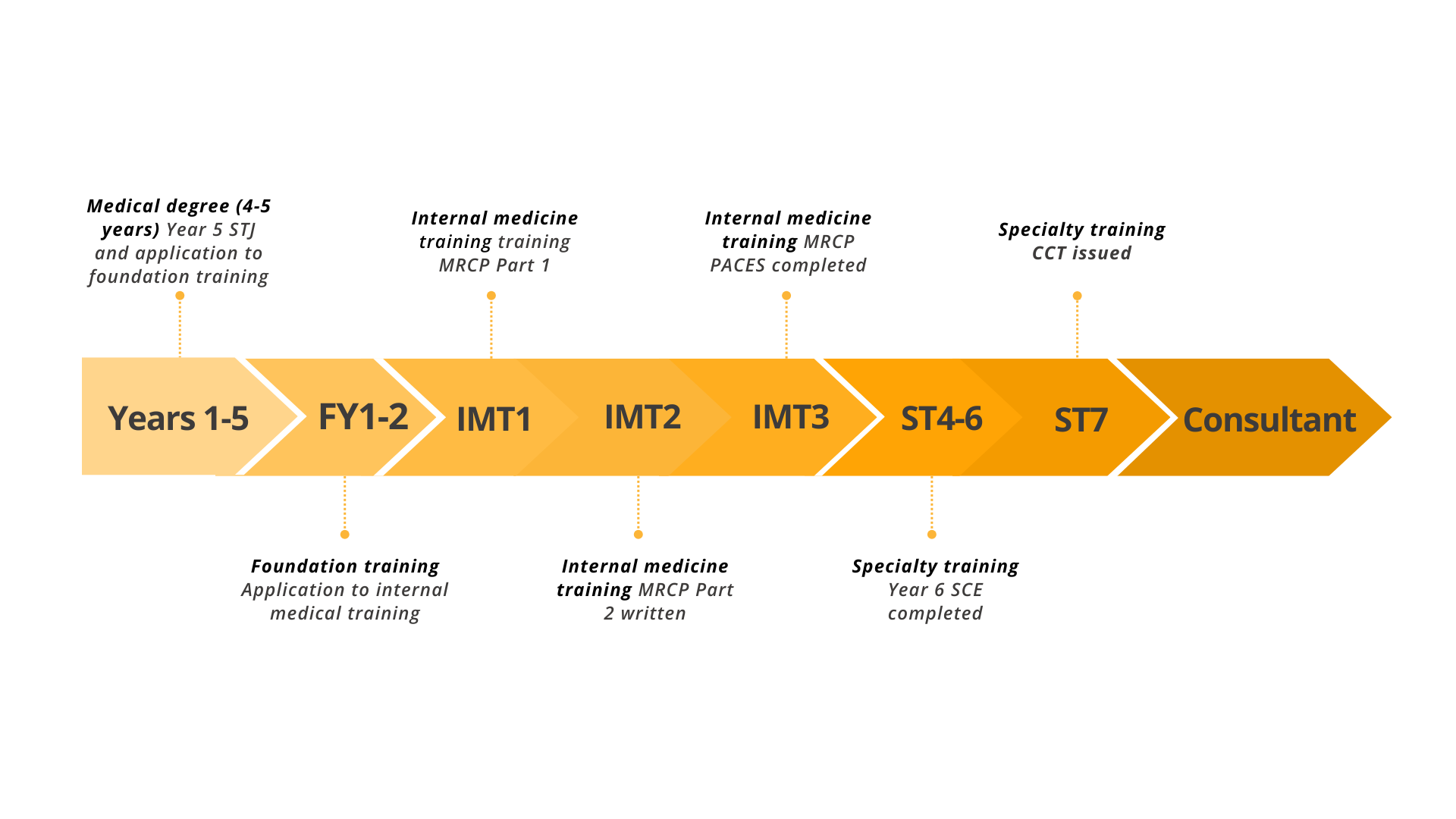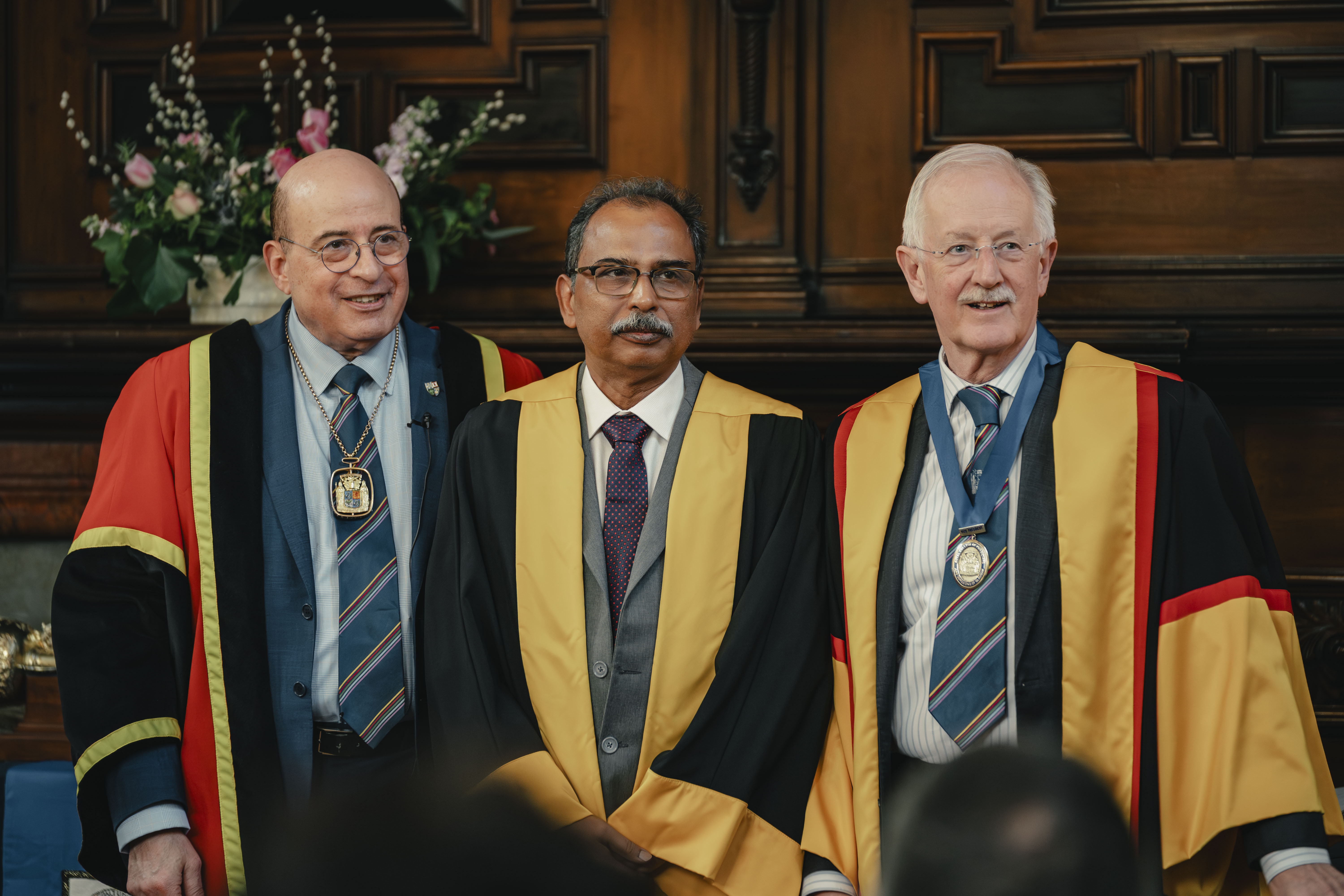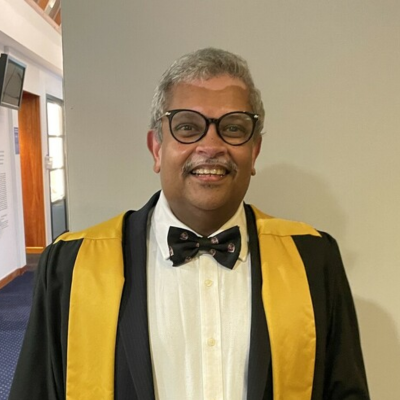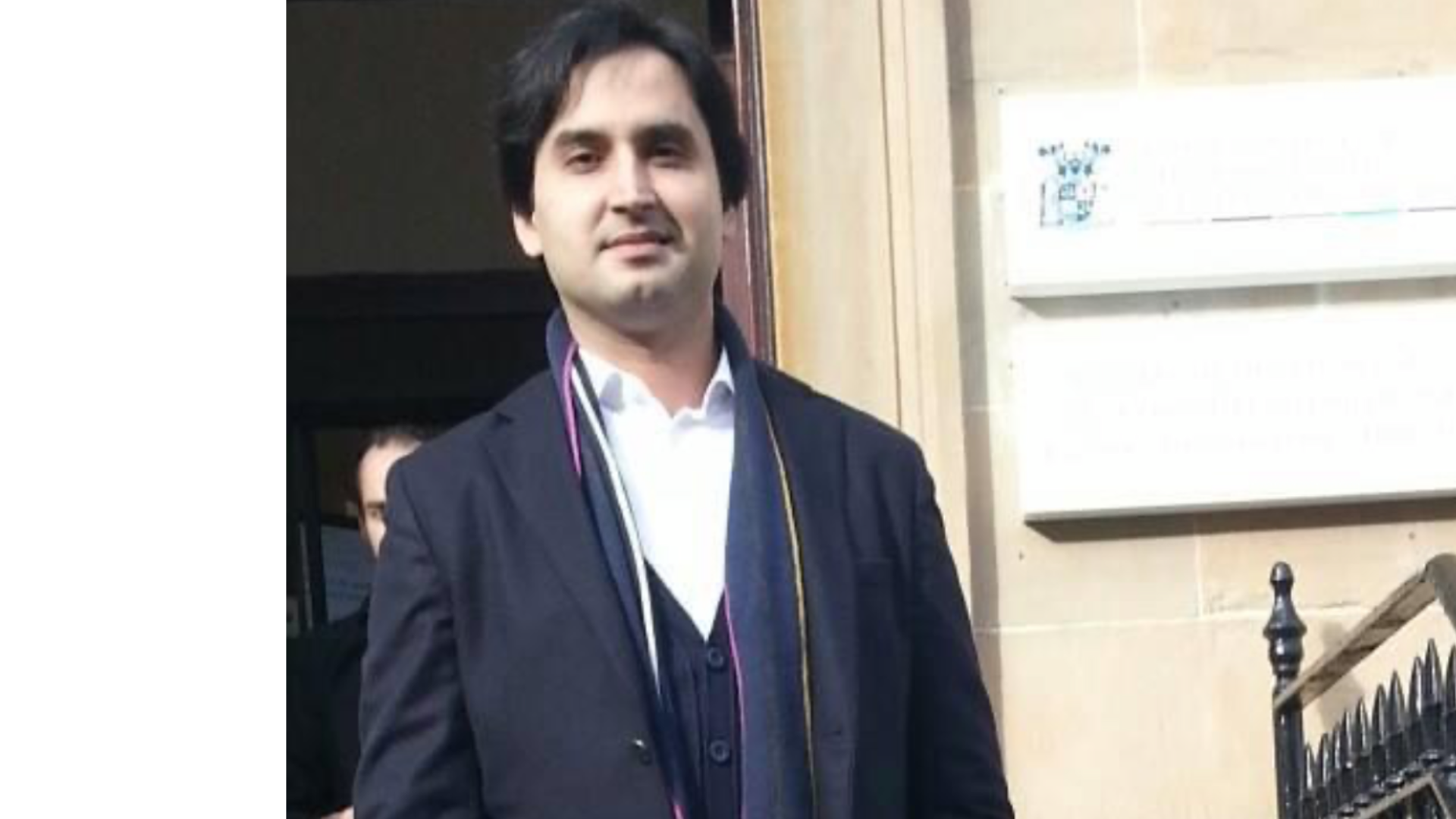Fellowship of the College empowers you to lead the conversation, set the standards and shape the future of your profession.
Fellowship is a mark of distinction that demonstrates your commitment to delivering high-quality patient care and your place as a senior leader in our College community. It enables you to take an influential role in health and to lead and influence change for the benefit of all.
You can apply to become a Fellow if you:
Fellowship offers you opportunities to:
- Help shape national and international standards in education and training
- Contribute to College committees, policy work and clinical leadership
- Build your network with peers through events, webinars and professional groups
- Access tailored CPD, e-learning and leadership development resources
- Support the next generation of physicians through mentorship and education
Lifetime fellowship
- If you’re a long-standing Fellow of the College, you could be eligible for lifetime Fellowship
- For a one-off fee, you’ll retain your existing Fellowship plus join a group of senior Fellows
You can become a lifetime Fellow if you:
- You must be a current Fellow in good standing
- Have been in good standing for at least 10 years
- Be over 60 years old
- Fully retired from clinical practice

